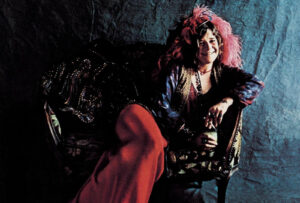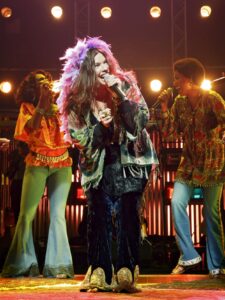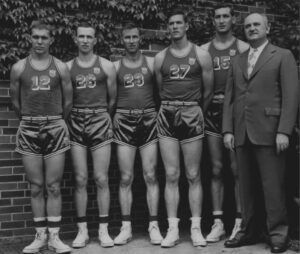
So sad: Culture Re-View Why Janis Joplin’s death at 27 remains one of rock’s greatest tragedies….
Hardly two weeks had elapsed since the untimely death of legendary guitarist Jimi Hendrix when another terrible death rocked the rock music community. At this point, the notion of the “27 Club,” an urban legend centered on the untimely deaths of numerous musicians who were 27 years old, was unestablished. That being said, a slew of regrettable musical deaths occurred at the same time that the strong American rock singer Janis Joplin passed away in October 1970. The Rolling Stones drummer Brian Jones went away in July 1969; Jimi Hendrix died in September 1970; Janis Joplin died today in 1970; and Jim Morrison, the Doors vocalist, died in July 1971. All of these musicians were 27 years old.
Others line the informal 27 Club list before and after, but it’s this stretch of deaths that define the crux of the urban myth. While an intriguing part of rock trivia, on the anniversary of Joplin’s death it’s worth looking into what made her such an essential part of her era’s music to understand her high placement in the list.
Born in Texas, 1943, Joplin gained an interest in blues music. After finishing school in 1963, Joplin went to San Francisco to immerse herself in the burgeoning music scene. There, she first started recording music. It was also where she was first introduced to drugs – an addiction that would plague the rest of her life.
After a break from drugs in Texas, Joplin returned to San Francisco and joined Big Brother & The Holding Company, the band through which she recorded two of her four albums. The band’s first album wasn’t a hit, but the second ‘Cheap Thrills’ released in 1968 but Joplin on the map.
Through the #1 selling album, the world was introduced to Joplin’s trademark horse rock vocals. Joplin left the band to release a solo album, 1969’s ‘I Got Dem Ol’ Kozmic Blues Again Mama!’ and perform at the legendary Woodstock Festival that year (on a billing that included Hendrix).
Although her debut solo album wasn’t as well-liked as “Cheap Thrills,” her second one would solidify her rightful fame. The 1971 edition of “Pearl” was also a big hit. Joplin, however, was not present to witness it. On October 4, 1970, she took an overdose of heroin. It represents the terrible and premature demise of one of the first notable female rock stars.
Throughout her life, Joplin’s reputation was tainted by a sexist music press that was fixated on her intimate connections with both men and women. Her voice, which is incredibly powerful and possesses a stage charisma that can rival that of any male rock singer, is her greatest legacy, though.







